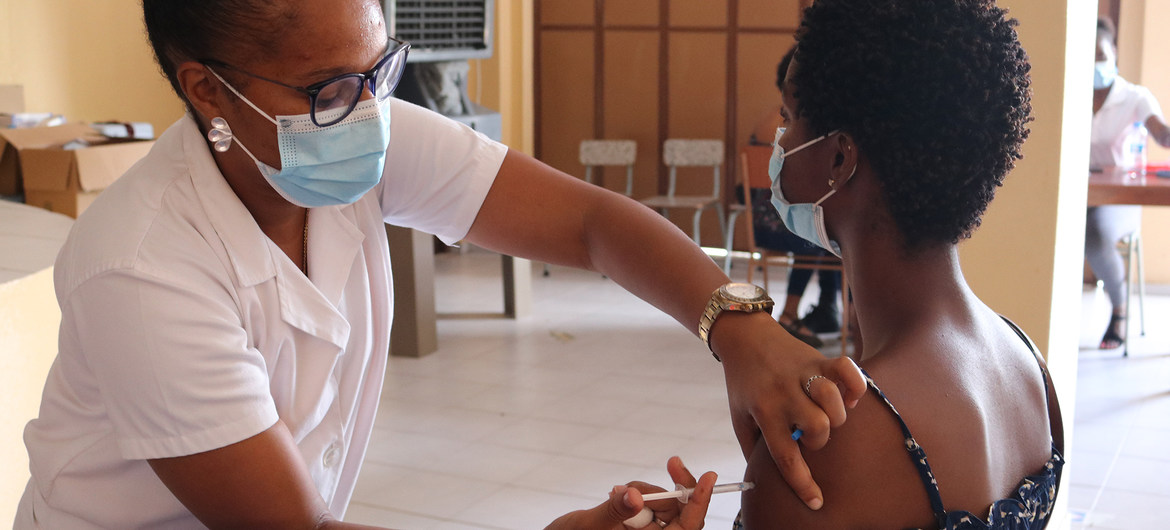School mental health (SMH) has gained significant prominence in recent years, with counselors increasingly catering to students’ rising mental health issues. We all fondly remember that one teacher who was empathetic and understanding, making a lasting impact on our lives. A safe, happy, and healthy school environment not only shapes students’ communication skills and workplace behavior but also influences their relationships and self-esteem. In contrast, those who had unpleasant school experiences often carry emotional baggage into adulthood.
The advent of technology has significantly altered childhood experiences. School children’s usage of mobile devices has reduced valuable after-school interactions with friends, family, and neighbors. Instead, these interactions have been replaced by aggressive mobile games and excessive internet consumption.
Based on interactions with hundreds of teachers and principals across Maharashtra, several key observations have emerged. Educators report a noticeable decline in students’ attention spans, incomplete schoolwork, and difficulty solving age-appropriate academic exercises. Screen addiction has led to increased boredom, while behavioral extremes—ranging from heightened aggression to social withdrawal—are becoming more prevalent.
A nationwide survey titled Mental Health and Wellbeing of School Students conducted by the Manodarpan Cell, NCERT, assessed over three lakh students and was published by the Ministry of Education in 2022. The study identified numerous mental health concerns among school children, including self-identity struggles and peer pressure. These challenges impact not only individual students but also the future of our country, as today’s children are tomorrow’s decision-makers.
Addressing these issues requires a collective effort from parents, teachers, and school management. Children and teenagers closely observe their role models, shaping their trust and kindness based on key family interactions. Schools must equip teachers with the necessary training to identify early warning signs, manage stress, and adapt to the evolving educational landscape.
To support this mission, a comprehensive school mental health (SMH) training program called SUMAN (SUpporting programme for Mental wellbeing of students And Nurturing whole campus concept) has been designed by Rambhau Mhalgi Prabodhini (RMP). This initiative adopts a whole-campus approach, ensuring that all stakeholders—teachers, school management, staff, and parents—collaborate to create a nurturing ecosystem for students’ psychological, physical, and academic development.
SUMAN has trained over 800 teachers and principals from urban and rural schools across Mumbai, Thane, Nashik, Pune, Satara, Sambhajinagar, Jalna, Beed, Nanded, and Latur districts. The program focuses on helping teachers manage their own mental health, adopt fresh teaching methodologies, and improve problem-solving skills while engaging with students, parents, and colleagues. Ultimately, the goal is to foster emotional literacy among teachers, which in turn benefits students.
Teachers who participated in SUMAN training have shared positive feedback. One teacher remarked, “Earlier, we would react harshly to students’ questions, but after this training, I have significantly reduced my overly critical comments.” Another educator noted, “I am better able to gauge students’ moods and adjust my teaching methods to keep them engaged.” Some teachers found the training reflective, while others appreciated the emphasis on self-care.
By investing in teachers’ well-being and professional development, programs like SUMAN pave the way for a future where students experience happier, healthier childhoods, ultimately shaping a stronger society.
Disclaimer: This article is for informational purposes only. The views expressed are based on research and educator feedback. For professional mental health guidance, it is advisable to consult qualified experts.











